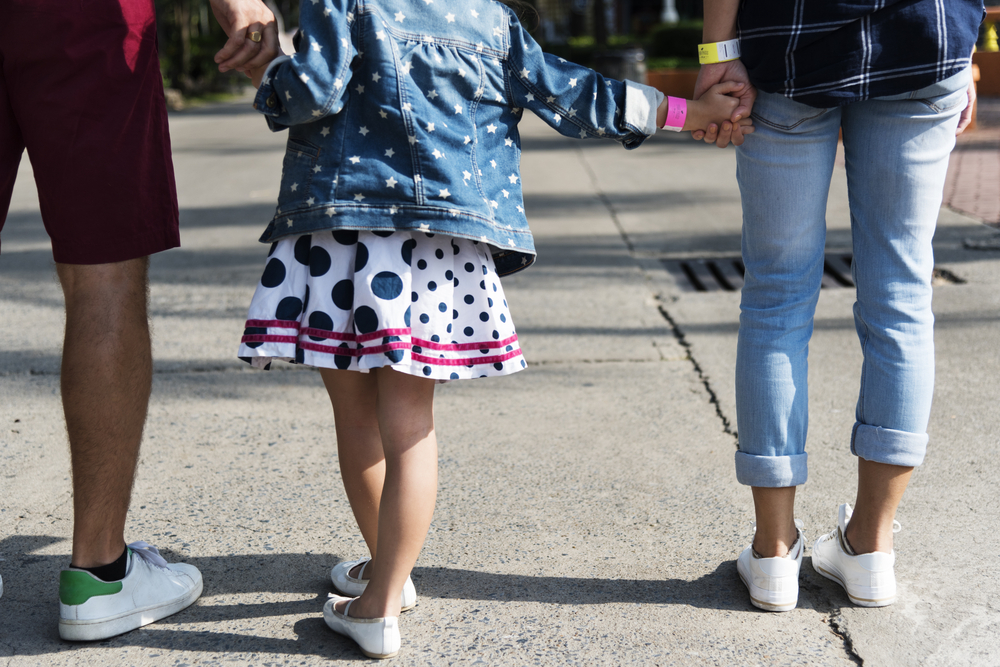
Family vacations are an opportunity to enjoy time with your loved ones without the distractions of day to day life. However, despite our best effort, sometimes unexpected things going wrong, arguments and stresses can cause our family vacation to not live up to our expectations.
A little planning and great anticipation can go a long way when it comes to having a great family vacation. We can’t predict everything that will go wrong, but we can make good guesses about where they are likely to occur and take steps to avoid them.
No trip is going to be completely smooth sailing all of the time, but with a few adjustments- some logistic and attitudinal, you can at least set course in the right direction. Here are some tips to help minimise stress and tensions and give you the tools for getting through difficult moments.
Prepare a packing list
It is easy to forget to pack things like your daughter’s favourite doll, your son’s tablet earphones or the new book you were hoping to read by the pool. These may not be essentials, but they could have a huge effect on the mood of the family upon arrival.
To avoid this, create a packing list well in advance and print it out ready to tick off as you go. You could even start the bonding time early and have a family packing night where everyone contributes according to their ability. Put on some music and make it fun, you can discuss which activities or places everyone is most looking forward to.

Leave extra early
There is nothing worse than starting your family vacation stressed out and worried about missing a flight, bus, boat or train. It is much better to have time to fill at the place of transportation than to be running around like a headless chicken trying to arrive on time. This stress will set a downer on the mood for the holiday and it can sometimes be difficult to come back up from that.
Plan some fun activities to do during your early-arrival-time you have to fill. Pack some colouring or drawing for younger children or a journal for older children so they can write down their vacation experience. Play games like eye-spy and other classics, this way you will start the holiday with anticipation and excitement rather than tension and irritability.
Use humour to deal with problems
You’ve planned a caravan holiday and it spends the whole time raining. Your flight was cancelled and you have to spend the night at the airport. Your hire car tyre burst and you have to wait hours for a recovery truck. These are all of our worst nightmares right? Well, you can either get stressed out and angry, or you can try and make the best of it.
Use humour to overcome the setback by playing a game called ‘it could be much worse’ where everyone has to come up with totally unrealistic ways in which things could be worse. It’s bound to leave you all in a giggle. Finding the humour in frustrating circumstances is a great way to model positive and adaptive coping mechanisms to your children.
Have realistic expectations
It is not uncommon for children to be disappointed or unexcited when they are told they have a long car journey to get to a theme park or a long walk to get to the beach. The best way to keep them from having a meltdown when these things occur is to prepare them for these things. Explain to them why it is a long journey but that it will be worth the wait and problem solve by asking them for ideas of things they want to do to keep them occupied.
Don’t over schedule your children’s day, there may be lots of things you want to do and see, but younger kids will often get overwhelmed by rushing from one thing to another. Older children will also need some time out to text their friends and chill out. Its ok to have an afternoon just playing games in your hotel room or caravan, you may benefit from the down time as well.



